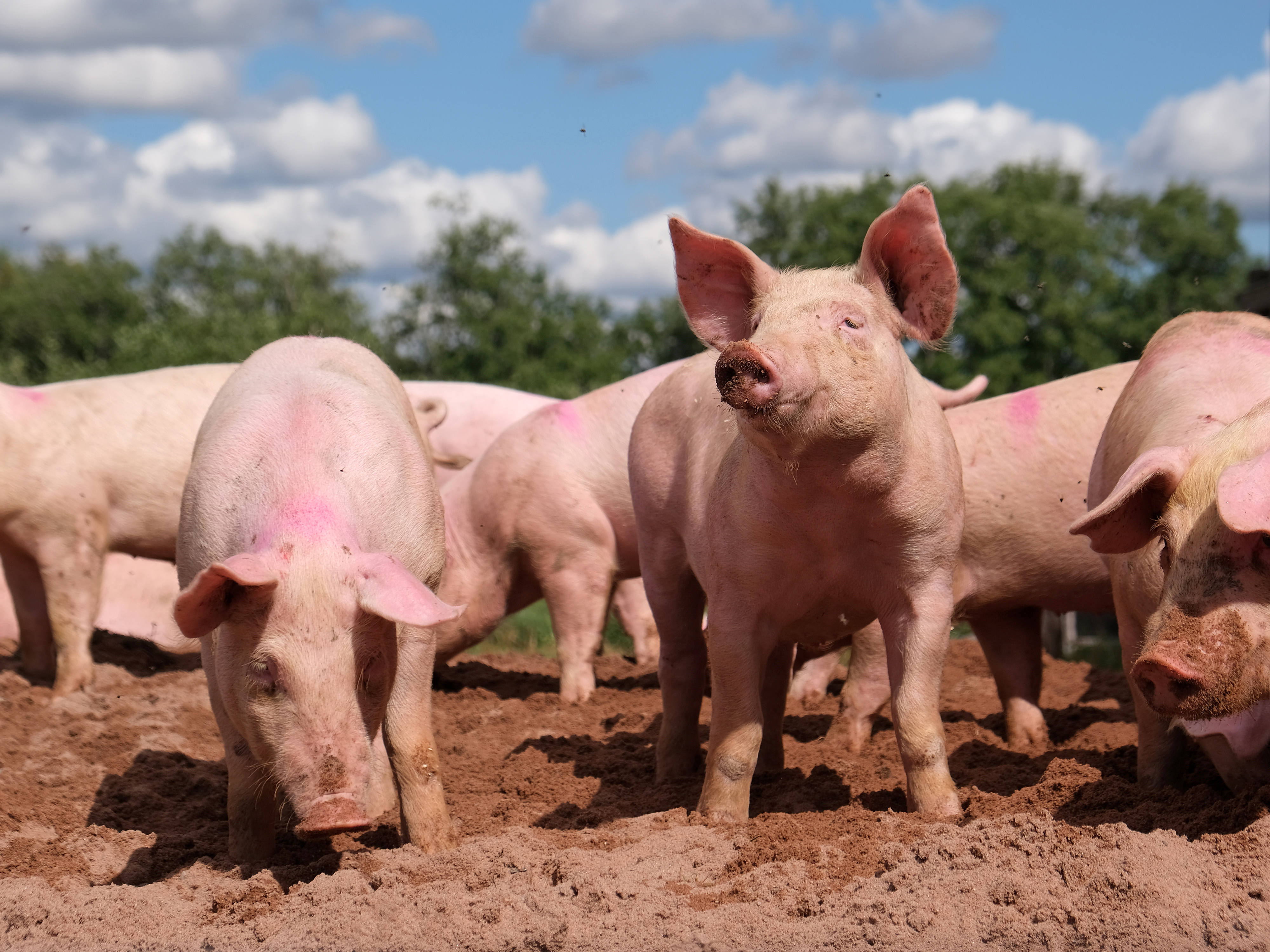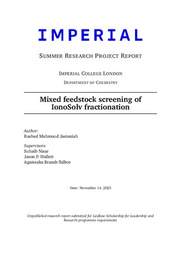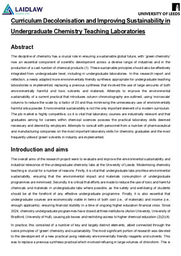Research findings so far
I'm coming to the end of the 5th week of my research project and I am finally starting to see how all of the work I have been putting in and the findings I have collected are starting to come together. The time has flown and I can't believe my time on the project is almost over, but here I am starting to write up my findings and evaluate the literature I have been reading during the past few weeks.
The aim of my project is to evaluate the possibility of using phase-feeding as an alternative to traditional pig-feeding methods, to possibly improve performance while minimising the environmental impact of pig feeding. Phase feeding is thought to more closely meet the nutritional needs of pigs during their development, in order to optimise growth performance and improve the feed conversion ratio. My research is particularly focused on finisher pigs and looks at how their diet might be subdivided into shorter stages. Due to the changing needs of the pigs throughout the finisher stage, splitting the diet into 2 or 3 stages allows their diet to be altered as they grow in order to more closely meet their nutritional requirements at each of these stages of growth. As well as the possibility of improving performance, this may also minimize the excretion of excess nutrients. If phase feeding does in fact improve the growth and performance of the pigs compared to when they are fed one diet, then it maybe be more efficient and cost-effective for farmers to switch to phase feeding. Additionally, if the excretion of nutrients like nitrogen and phosphorous is minimized, this would also be beneficial for the environment.
Over the course of my project, I have been reading lots of papers that look at the effects of phase feeding in comparison to other methods such as using a single diet or blend feeding. While I began the project believing that phase feeding would be a clear winner, I have realised that there is a lot of ambiguity in the literature, and there is in fact lots of evidence to suggest that in reality, phase feeding doesn't actually provide an advantage to performance over the other methods. Many studies reveal that feeding a single diet might in fact be easier and more cost-effective than phase feeding, without making any difference to growth performance. Since there is a lot of contradiction in the evidence, I plan to spend the next week dissecting these papers more thoroughly in an attempt to figure out whether either method is indeed favourable over the other.
I also plan to take into consideration the environmental impact of each of these methods. Many of the papers I have looked at so far do not give much consideration to the environmental effects of the techniques being investigated, so I will plan to expand my search to see if I can find any evidence either way. So far, I have found that phase feeding does seem to be more environmentally friendly than feeding a single diet, so if I can find more evidence to confirm this, then that will have an impact in my conclusions as to what feeding method should be favoured going forwards.






Please sign in
If you are a registered user on Laidlaw Scholars Network, please sign in
This sounds very intriguing; excited to read your conclusions!
Thank you! I will be posting them soon :)